Buy KPV Peptide
$55.00 – $345.00Price range: $55.00 through $345.00
Our anti-inflammatory KPV peptide is a high-purity, research-grade formulation of the C-terminal fragment of α-MSH. This tripeptide (Lys-Pro-Val) contains the powerful anti-inflammatory properties of its parent hormone without the pigmentary effects. With >99% purity, it is the definitive tool for scientists investigating inflammatory signaling pathways, IBD, and novel topical anti-inflammatory strategies. For laboratory and research use only.
This anti-inflammatory KPV peptide is a cutting-edge tool for researchers in immunology, gastroenterology, and dermatology. KPV (Lysine-Proline-Valine) is a tripeptide that represents the active, C-terminal fragment of α-Melanocyte-Stimulating Hormone (α-MSH). The isolation of this fragment is a prime example of modern peptide science, harnessing the potent immunomodulatory effects of a larger hormone into a small, stable, and highly specific molecule.
While α-MSH has pleiotropic effects, including stimulating pigmentation, KPV was specifically identified and is now synthesized for its targeted anti-inflammatory action. Our high-purity KPV provides a reliable and consistent reagent for investigating inflammatory processes in a wide range of preclinical models. This product is intended strictly for in-vitro and laboratory research applications.
The Targeted Immunomodulation of Our Anti-Inflammatory KPV Peptide
The scientific value of KPV lies in its potent ability to quell inflammatory responses through direct intracellular action. Our commitment to providing a >99% pure product ensures that researchers can study these sensitive pathways with confidence.
Mechanism of Action: Suppressing Pro-Inflammatory Pathways
The primary mechanism of our anti-inflammatory KPV peptide is its ability to modulate key signaling cascades within immune and epithelial cells.
Inhibition of NF-κB: KPV has been shown to enter the cell nucleus and inhibit the activation of Nuclear Factor-kappa B (NF-κB). NF-κB is a master transcription factor that orchestrates the genetic expression of numerous pro-inflammatory cytokines.
Reduction of Inflammatory Cytokines: By suppressing NF-κB and other inflammatory pathways (like MAP kinase), KPV leads to a significant reduction in the production of key inflammatory mediators such as Tumor Necrosis Factor-alpha (TNF-α), Interleukin-6 (IL-6), and Interleukin-1 beta (IL-1β).
Key Distinction from α-MSH
A critical advantage of using KPV for research is its specificity. Unlike the full α-MSH hormone, the anti-inflammatory KPV peptide:
Does Not Induce Pigmentation: It does not significantly activate the Melanocortin 1 Receptor (MC1R), which is responsible for stimulating melanin production. This allows for the study of its anti-inflammatory effects in isolation, without the confounding variable of melanogenesis.
Broad Applications in Inflammation Research
The stability and potent action of KPV make it an ideal candidate for a variety of research models:
Gastroenterology: A key tool in preclinical models of Inflammatory Bowel Disease (IBD), such as chemically induced colitis, to study its effects on reducing gut inflammation and promoting mucosal healing.
Dermatology: Used in topical formulations for research on inflammatory skin conditions like psoriasis, atopic dermatitis (eczema), and rosacea.
Wound Healing: Investigating its ability to modulate the inflammatory phase of wound healing to potentially reduce scarring and improve tissue repair.
Ocular Inflammation: Used in models of uveitis to study its potential to reduce inflammation within the eye.
IMPORTANT LEGAL DISCLAIMER: This product is intended for laboratory research purposes ONLY. It is not for human or veterinary use. It is not a drug, dietary supplement, or cosmetic and is not intended to diagnose, treat, cure, or prevent any disease. It must be handled only by qualified professionals in a controlled research setting.
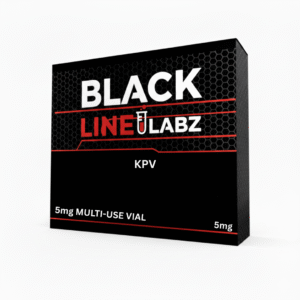
FAQs (Frequently Asked Questions)
What is KPV?
KPV is the tripeptide Lysine-Proline-Valine. It is the active, C-terminal fragment of the α-Melanocyte-Stimulating Hormone (α-MSH) and is primarily researched for its potent anti-inflammatory properties.
What makes KPV an “anti-inflammatory peptide”?
KPV exerts its anti-inflammatory effects by entering cells and inhibiting master inflammatory signaling pathways, most notably NF-κB. This leads to a decreased production of pro-inflammatory cytokines, effectively dampening the inflammatory response at a molecular level.
How does KPV differ from its parent hormone, α-MSH?
The key difference is specificity. KPV contains the anti-inflammatory properties of α-MSH but lacks the part of the hormone that stimulates skin pigmentation (melanogenesis). This makes it a more targeted tool for studying inflammation without this confounding effect.
What is the purity of your anti-inflammatory KPV peptide?
Our anti-inflammatory KPV peptide is guaranteed to have a purity level exceeding 99%, as verified by High-Performance Liquid Chromatography (HPLC) for every batch. A Certificate of Analysis is available.
What is the amino acid sequence of KPV?
The amino acid sequence is Lys-Pro-Val.
Is this product intended for human use to treat inflammation?
Absolutely not. This product is a chemical compound sold strictly for in-vitro and laboratory research. It is not an approved drug or medical treatment and must not be used on humans or animals.
| weight | 10mg, 20mg, 10mg*10vials/box, 20mg*10vials/box |
|---|
Be the first to review “Buy KPV Peptide” Cancel reply
Related products
Peptide
Peptides
Peptide
Peptide
Peptide
Peptide
Peptide
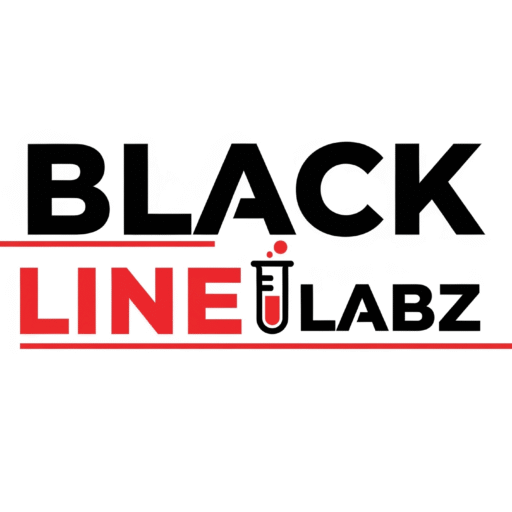
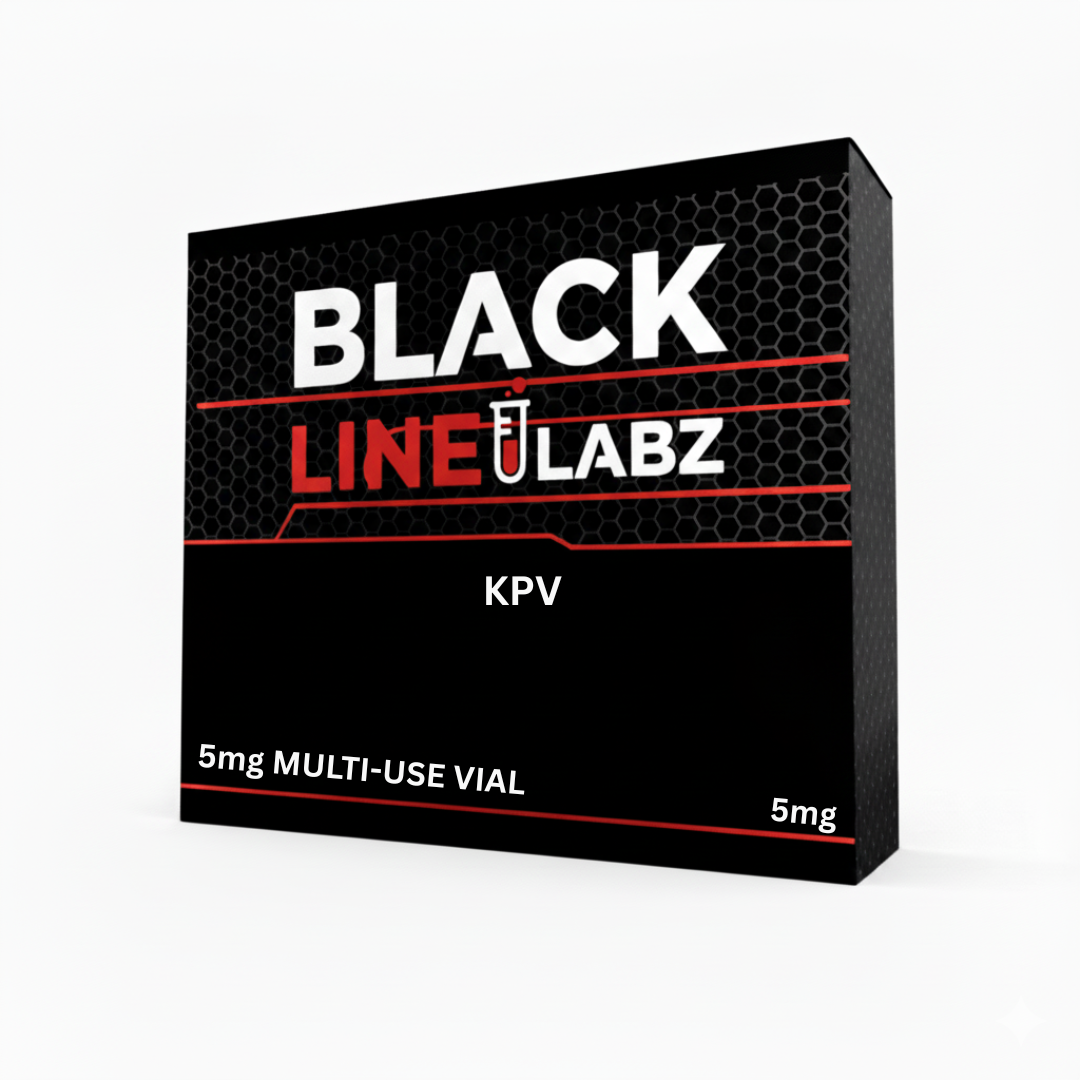
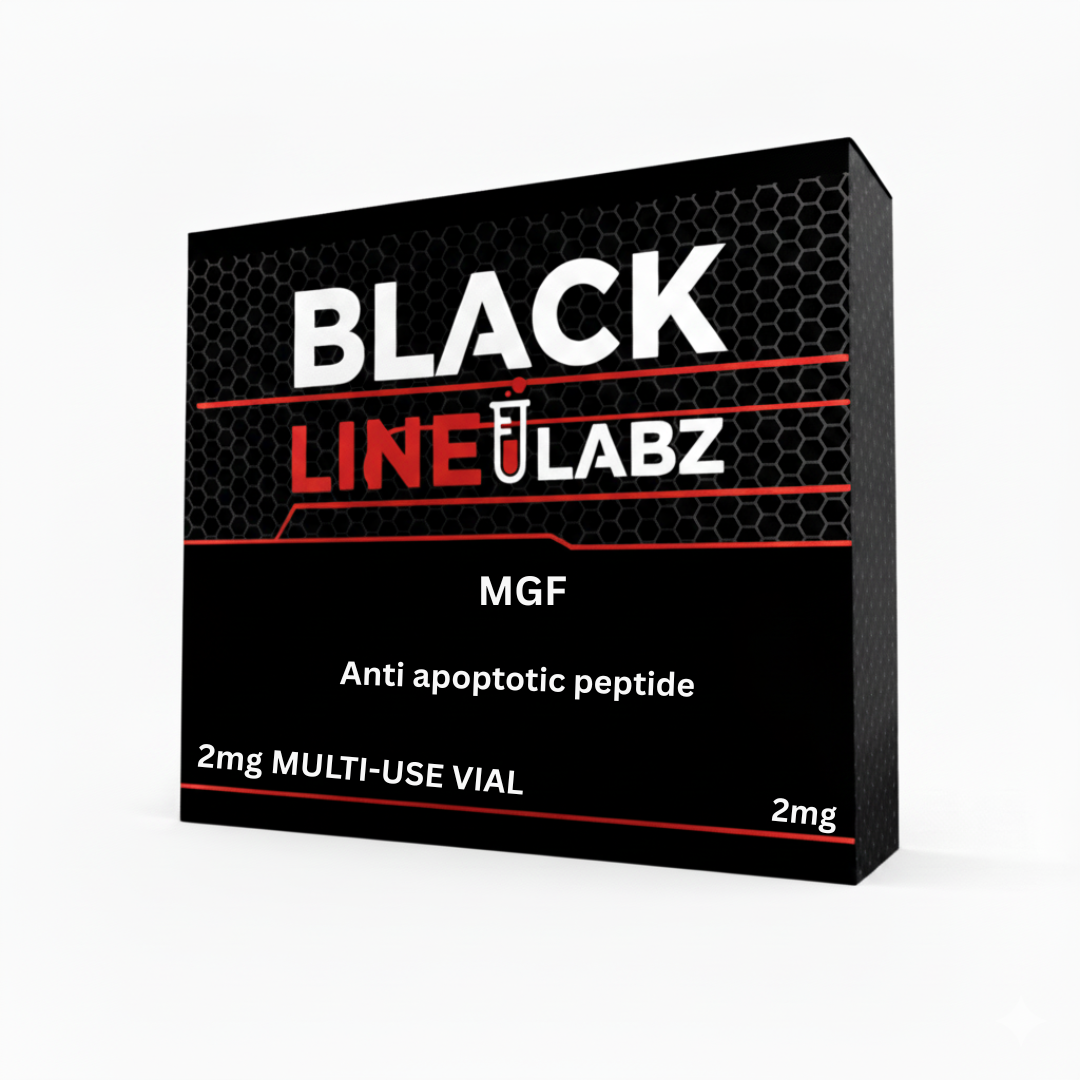
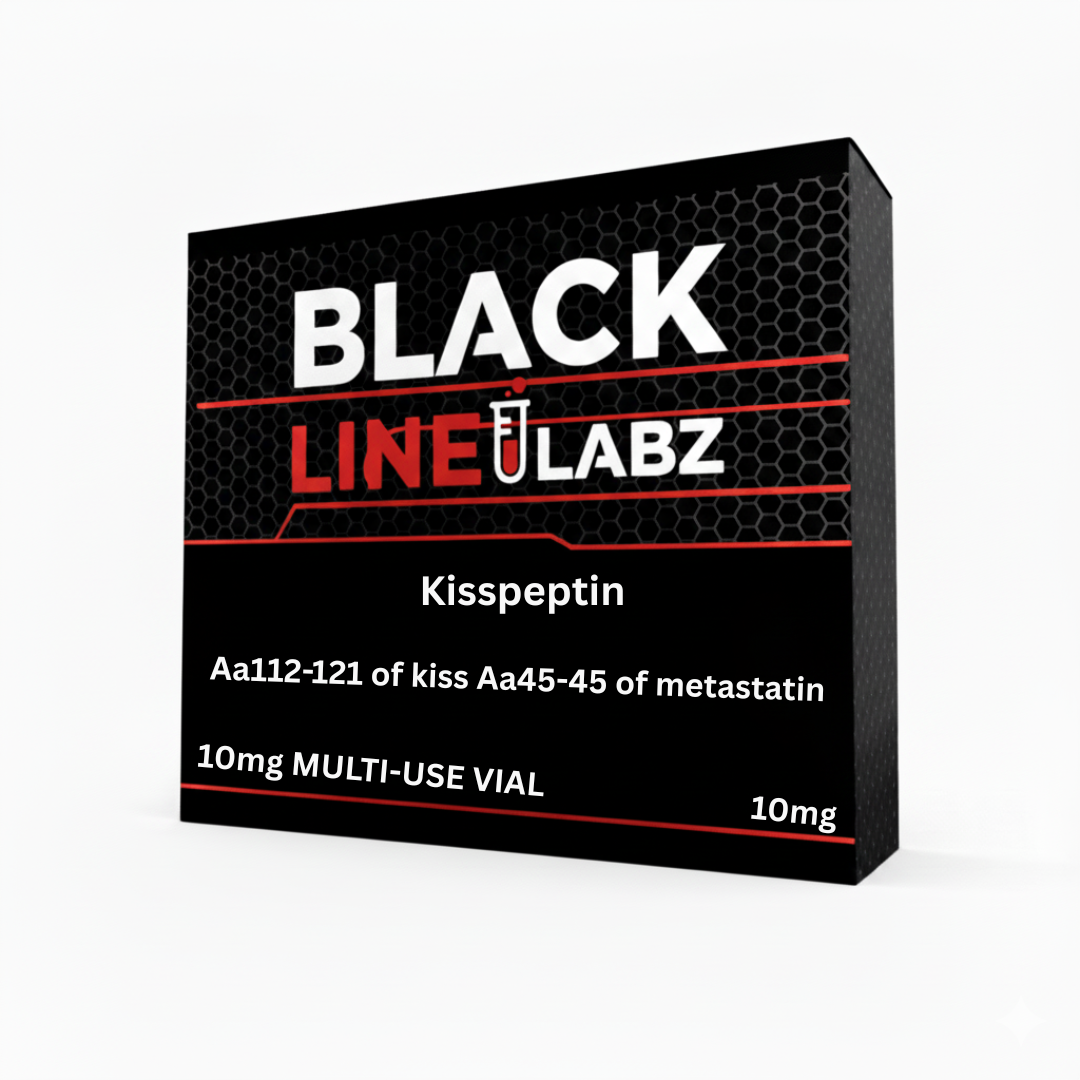
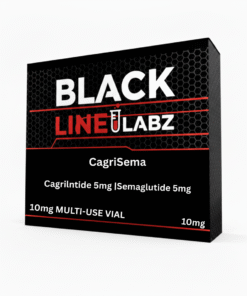
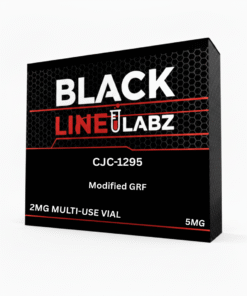
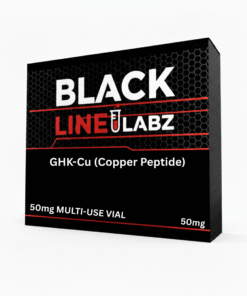
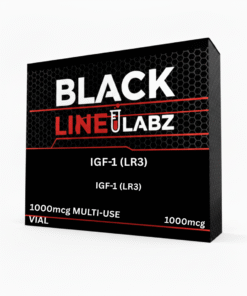
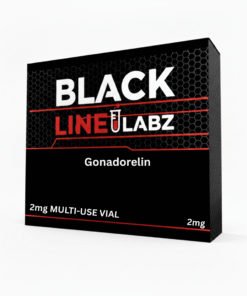
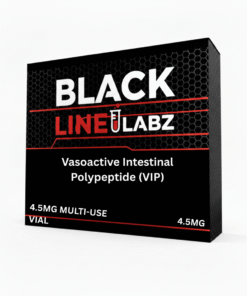
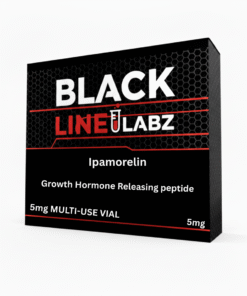
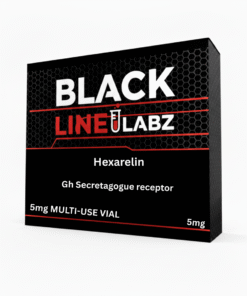
Reviews
There are no reviews yet.